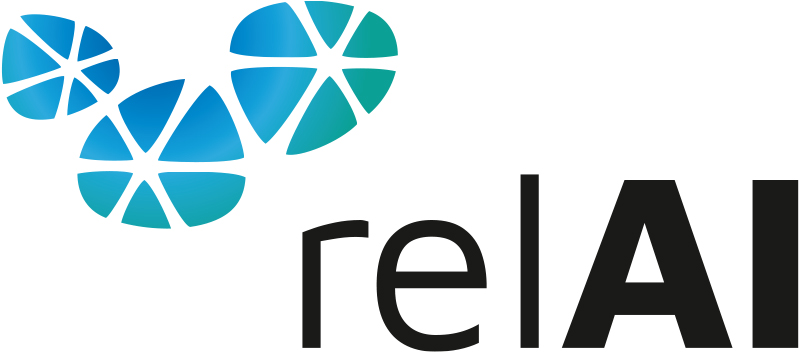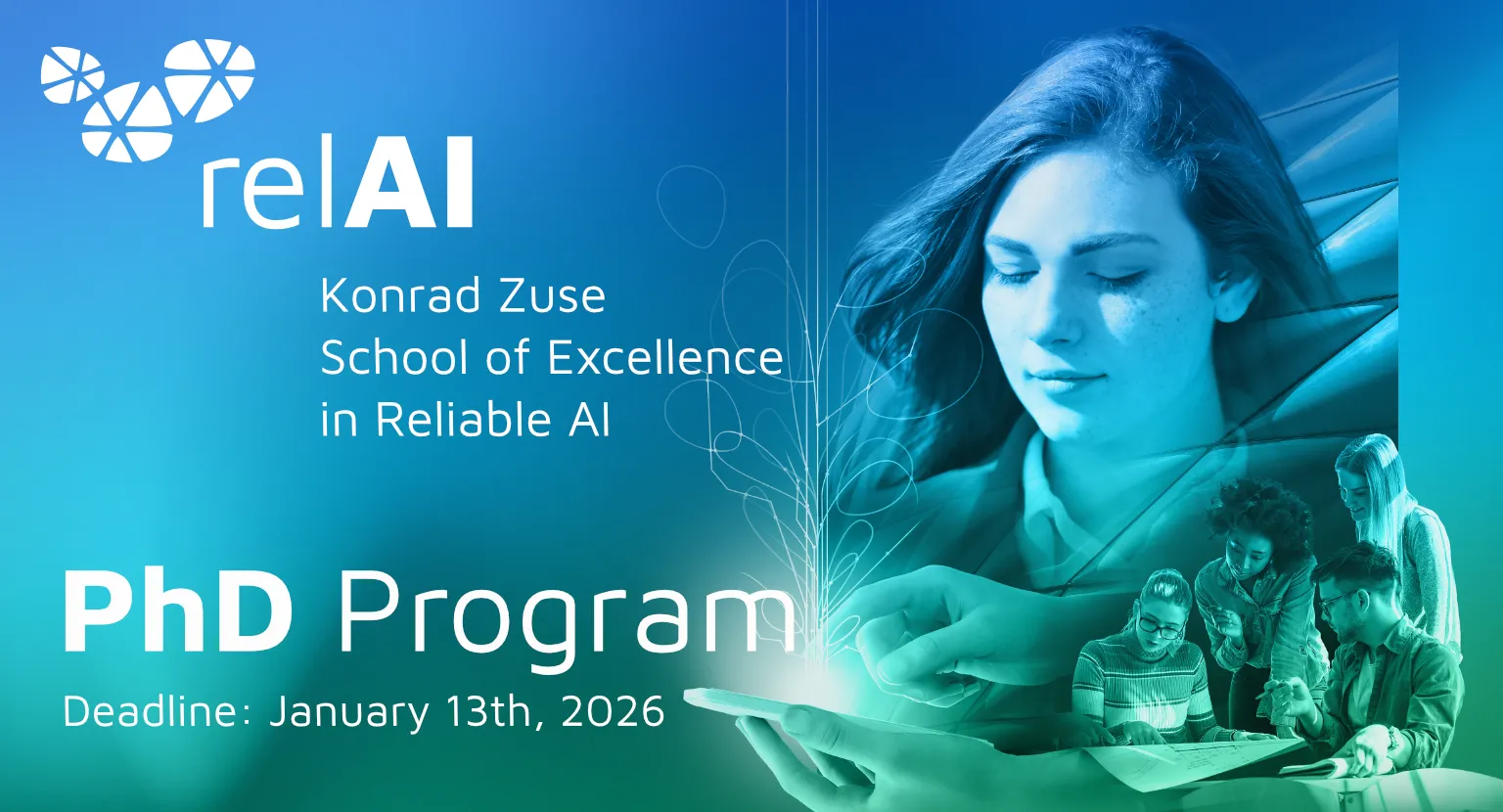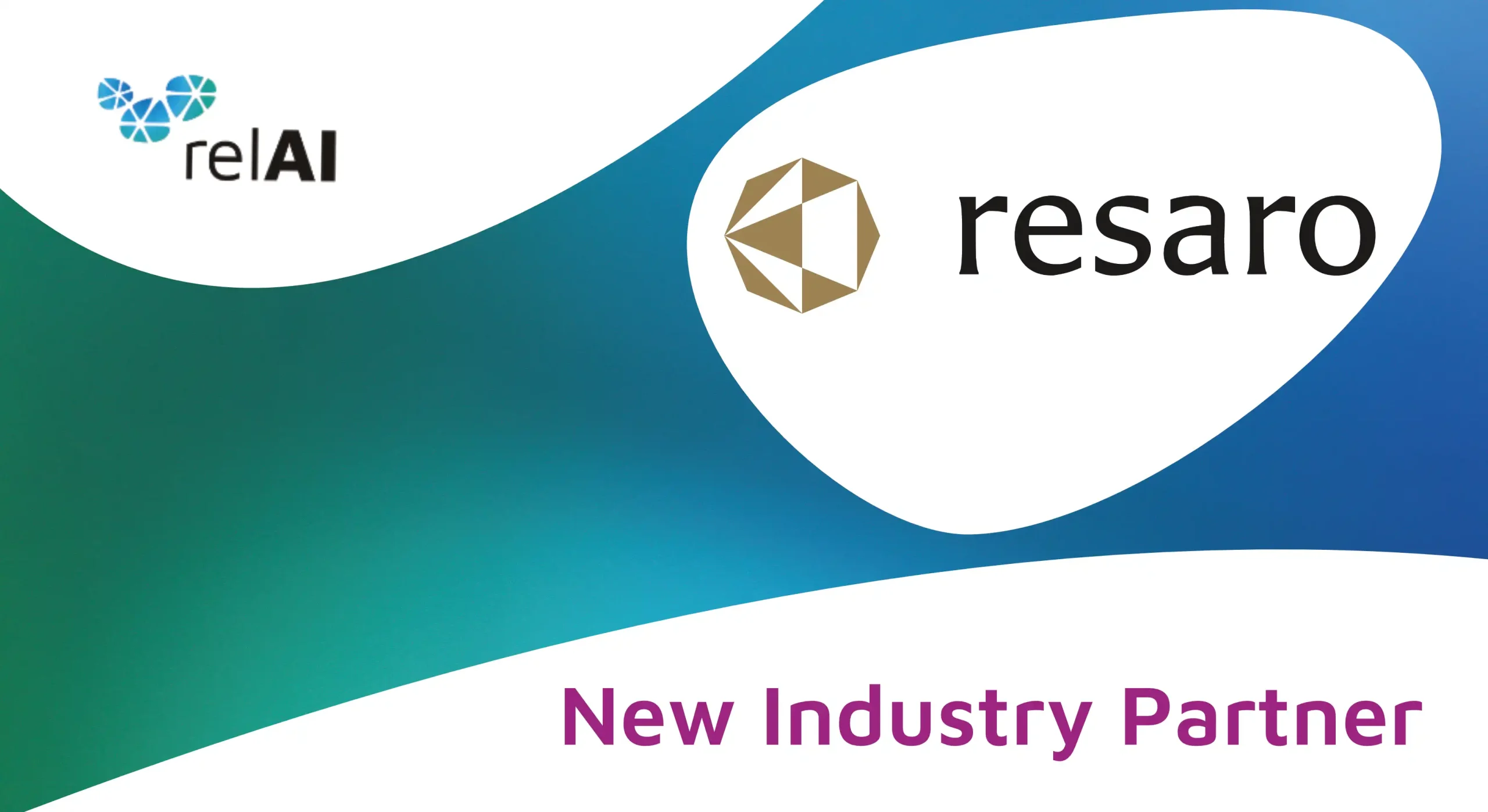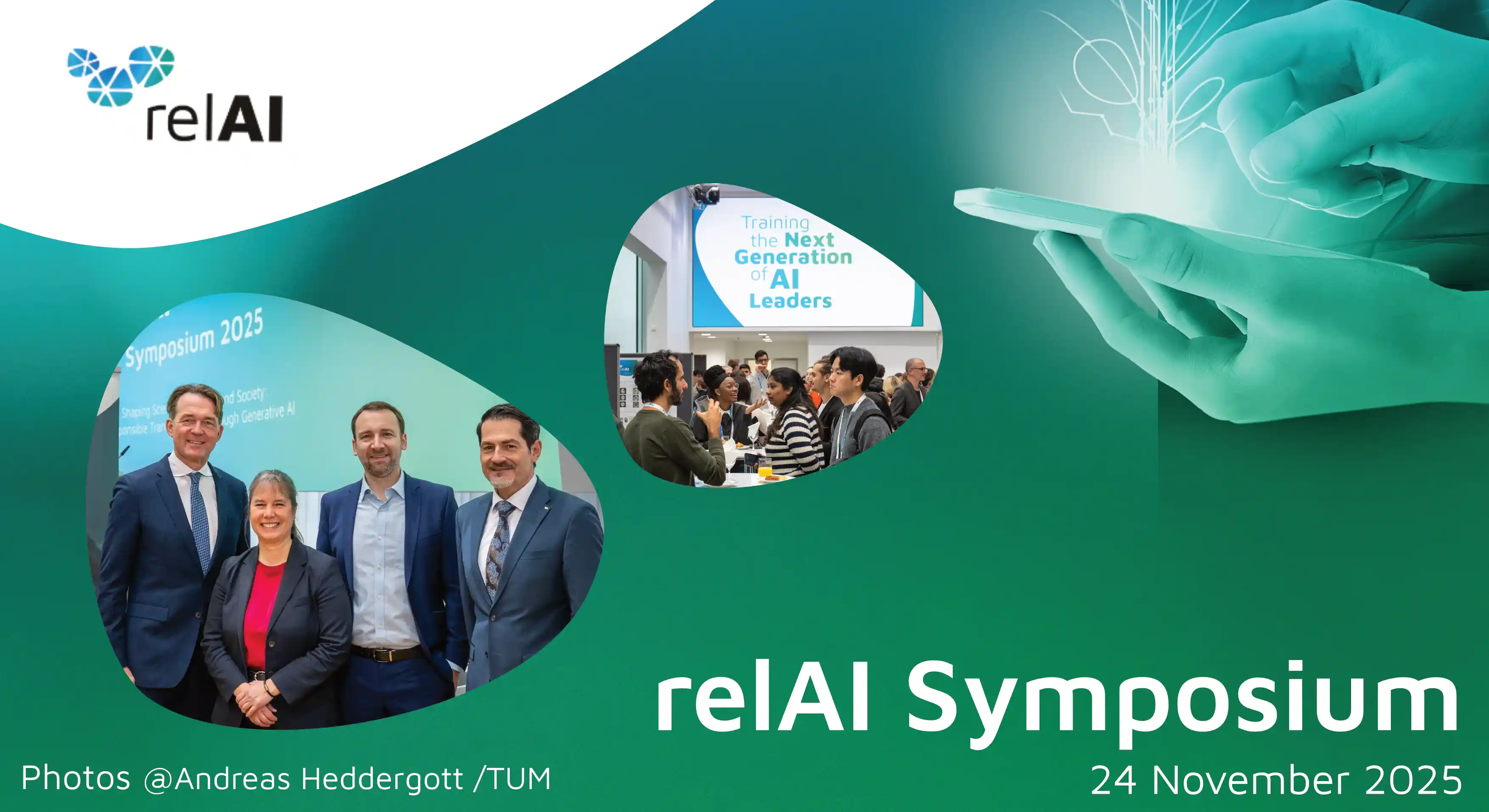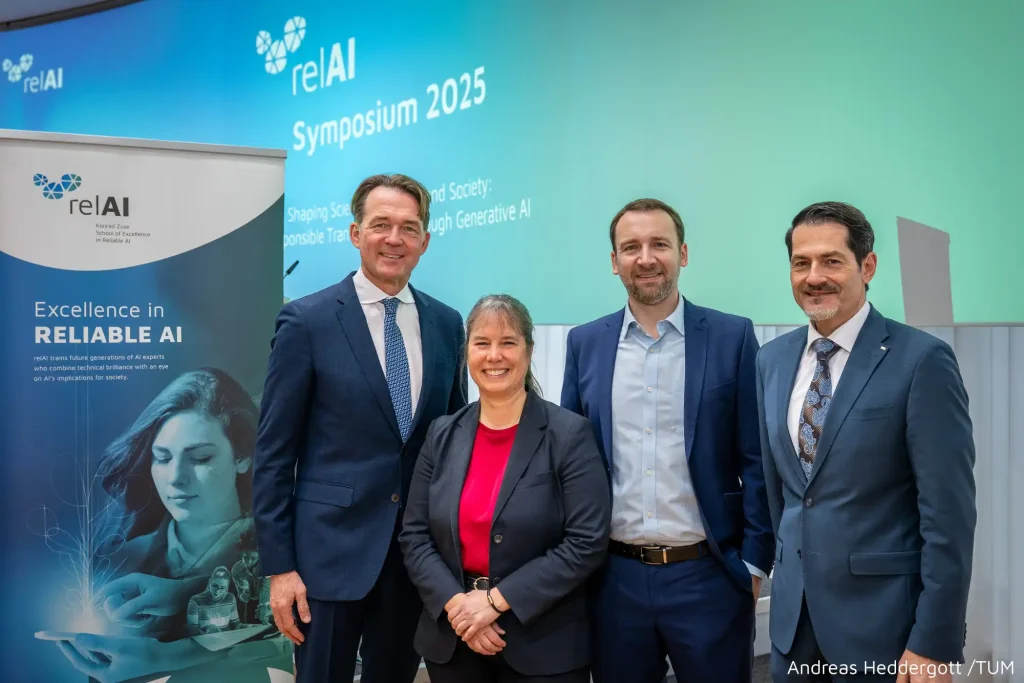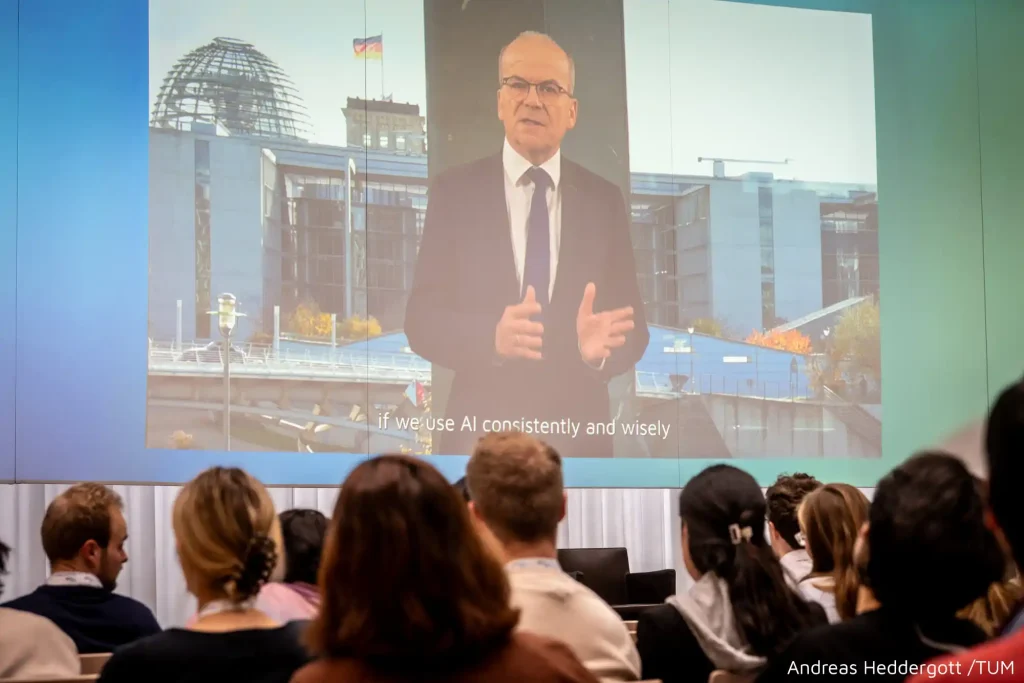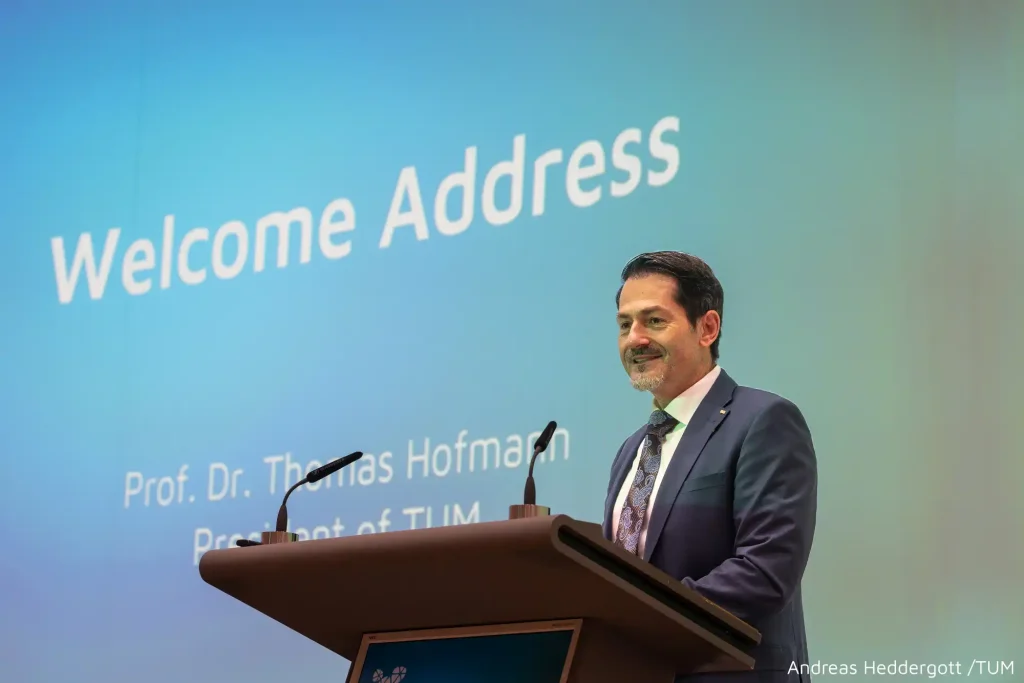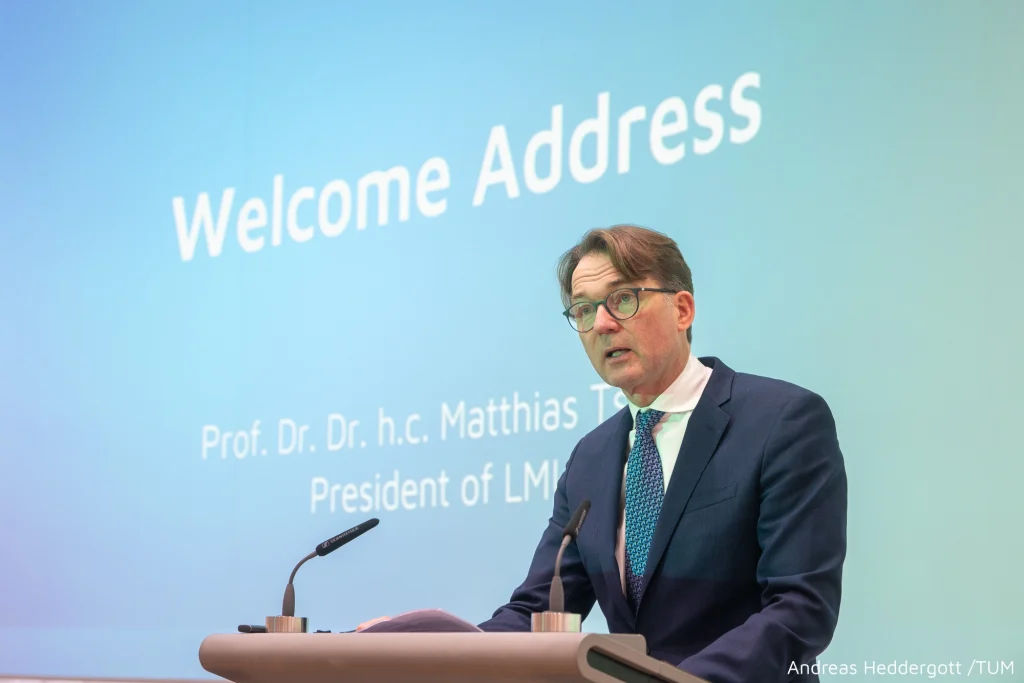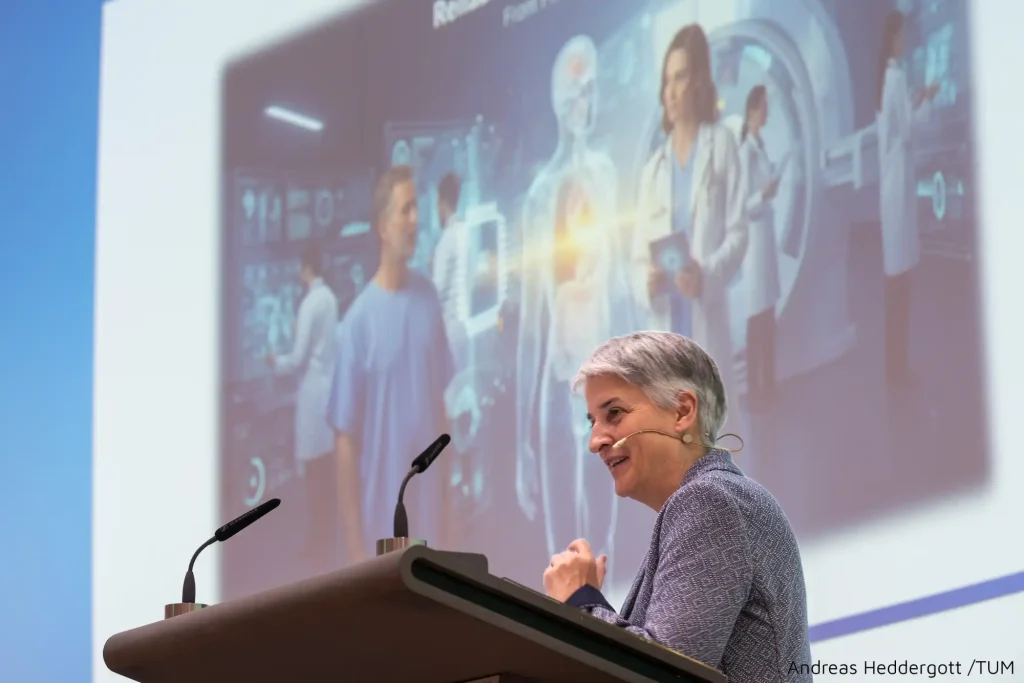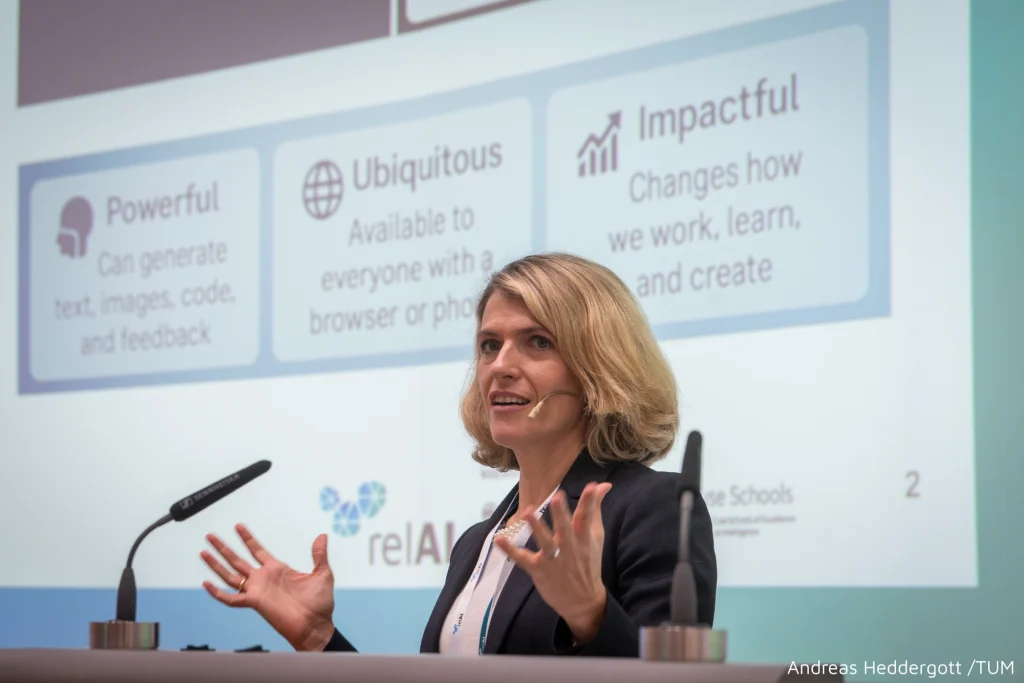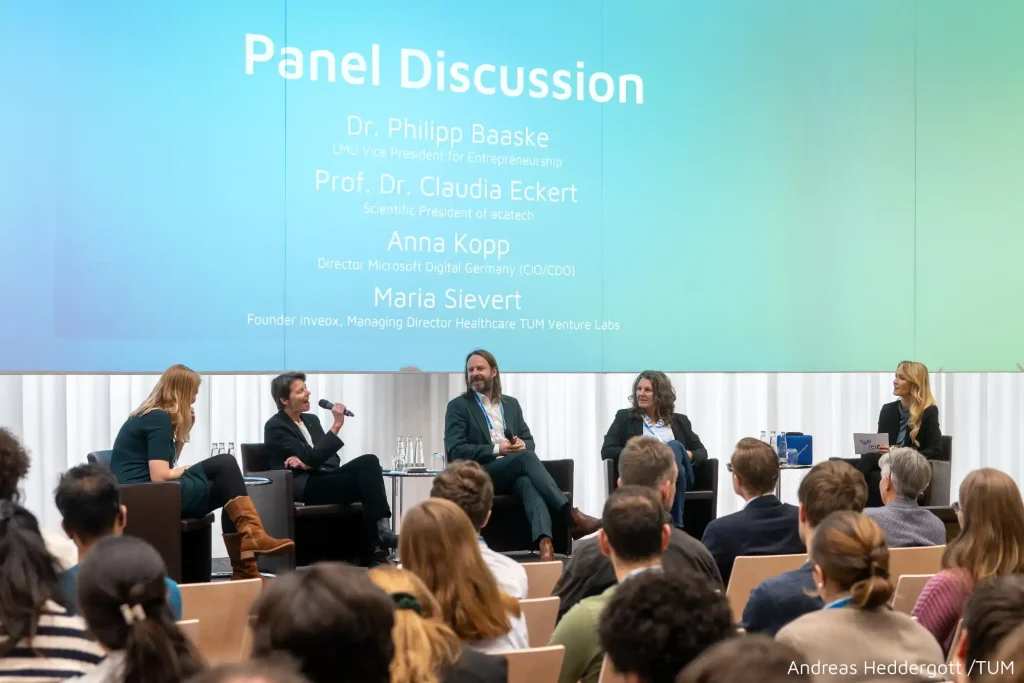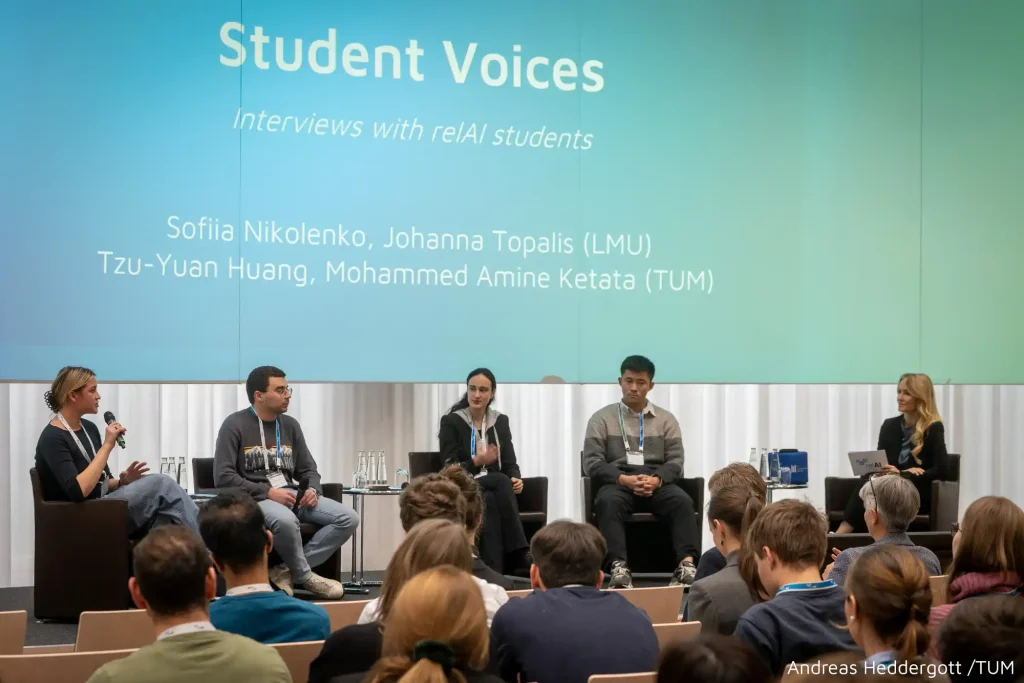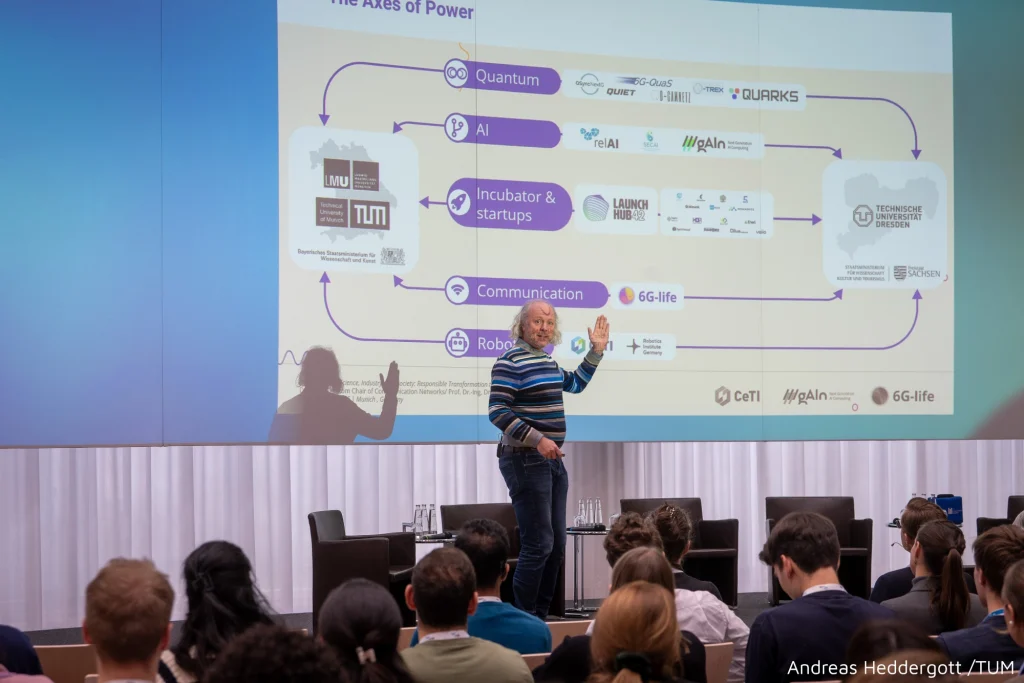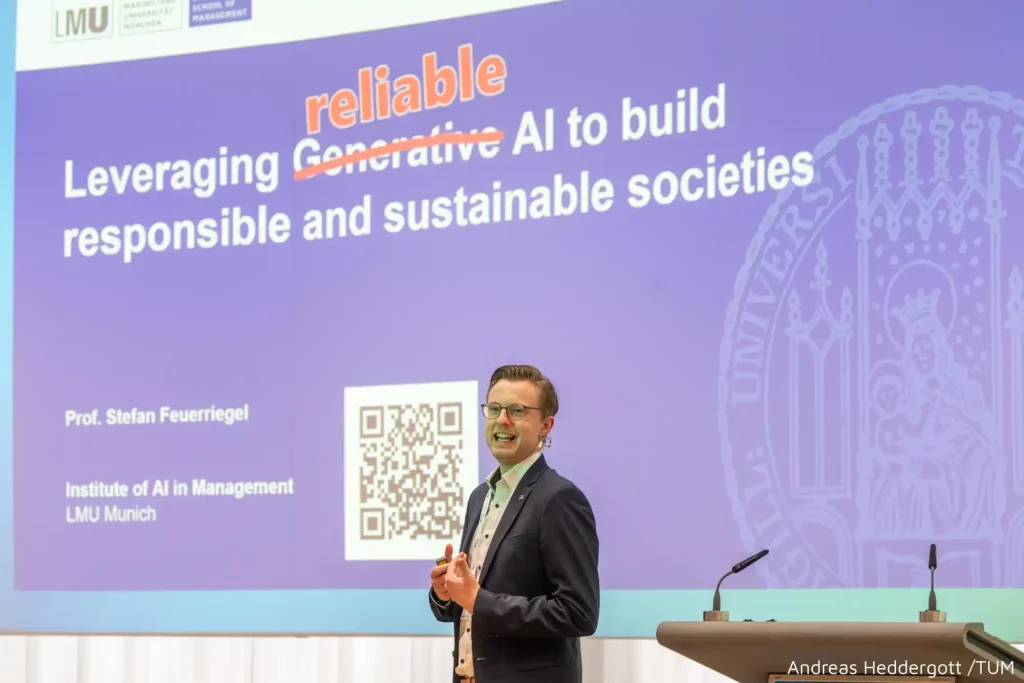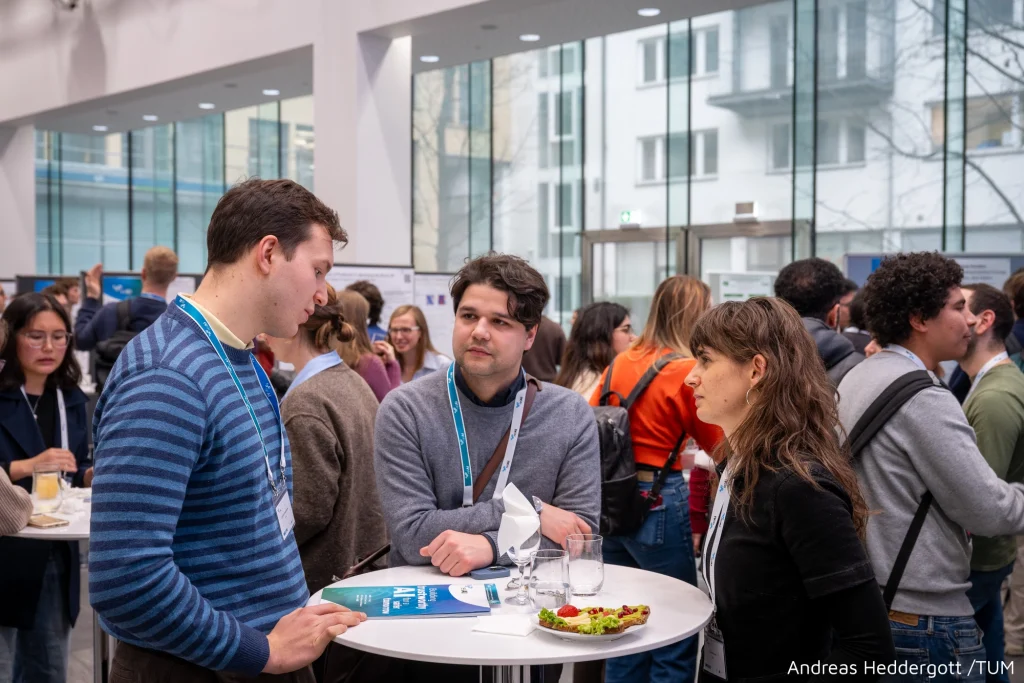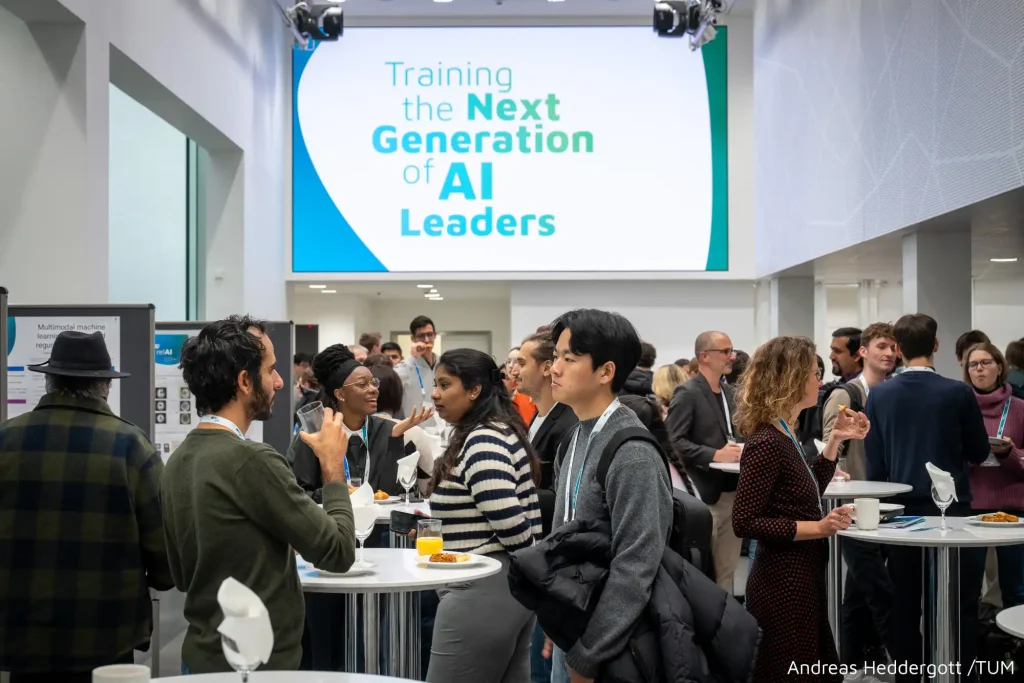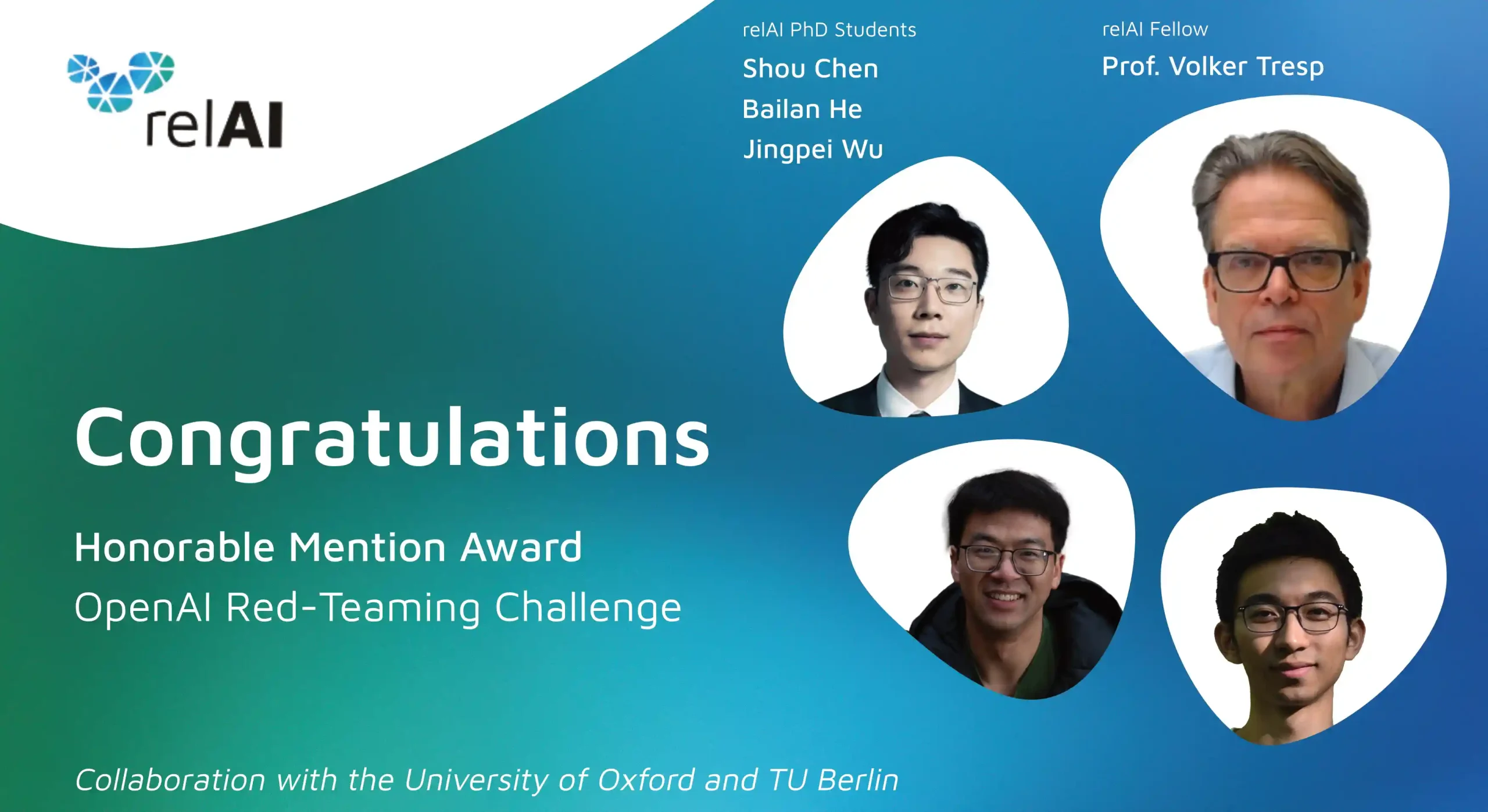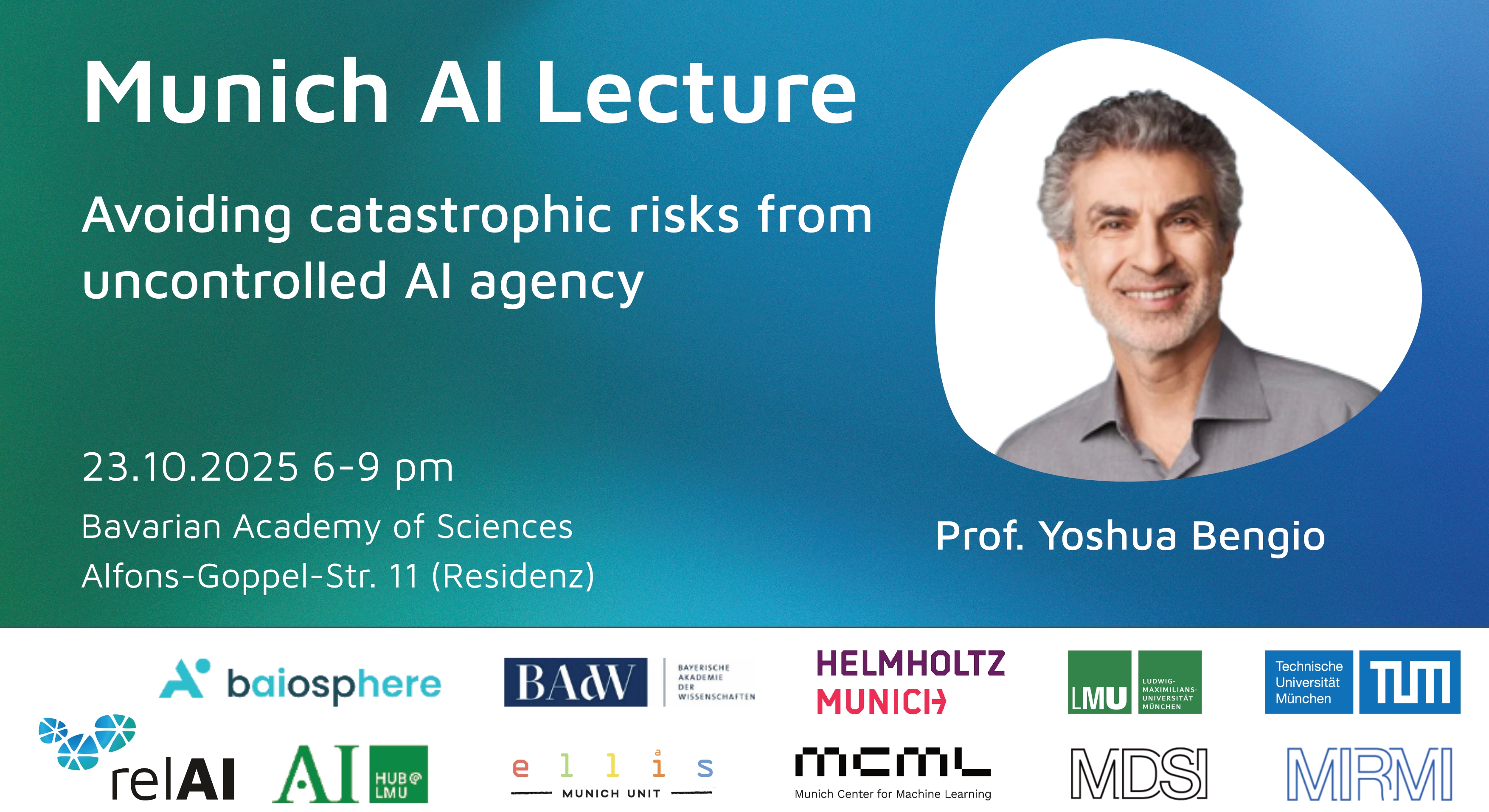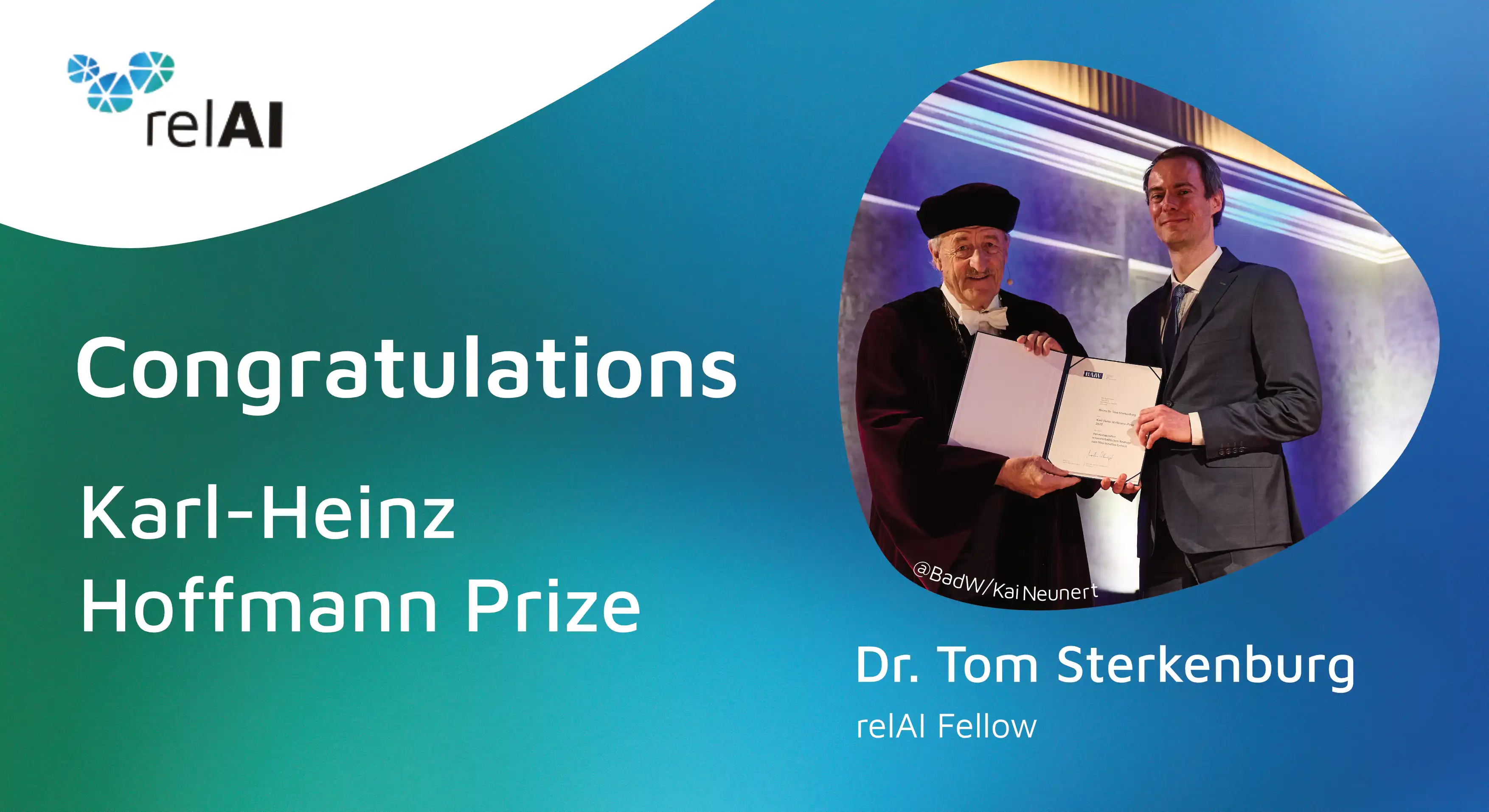
🎉We are thrilled to share that relAI Fellow Tom Sterkenburg has been awarded the 2025 Karl-Heinz Hoffmann Prize by the Bavarian Academy of Sciences and Humanities (BAdW). The Award was presented by the president, Markus Schwaiger, at the Academy’s Ceremonial Annual Meeting on 6 December.
The BAdW is a non-university research institution and a community of scholars dedicated to conducting innovative, long-term research that primarily aims to preserve cultural heritage in the humanities. It provides a unique platform in Bavaria for intergenerational networking among top researchers. A key aspect of promoting the younger generation is the annual science prizes.
The Karl-Heinz Hoffmann Prize, donated by the Ulrich L. Rohde family, is awarded alternately in the fields of humanities and natural sciences. Tom Sterkenburg works at the intersection of philosophy, statistics, and computer science. His work combines mathematical modelling, algorithmic simulation, and philosophical analysis to provide new insights into the classic problem of induction, particularly in the context of machine learning. In this way, he is making a groundbreaking contribution to the dialogue between philosophy and data-driven science.
Congratulations!
More Information:
